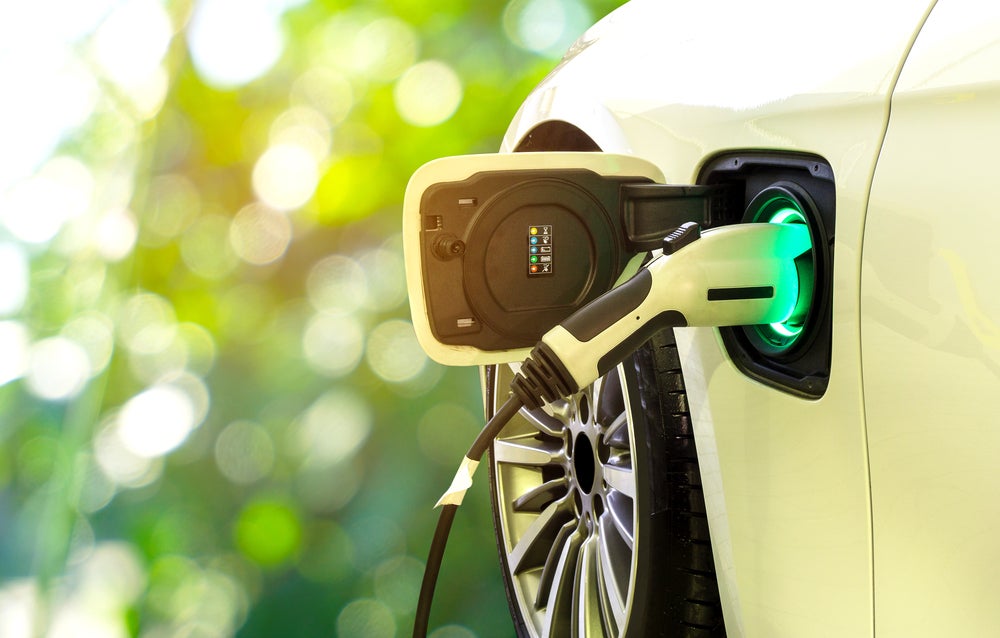
The UK is set to ban the sale of new internal combustion engine (ICE) models from 2030, Boris Johnson has revealed amongst a package of other green initiatives.
In order to reach the goal of net zero emissions by 2050, Johnson announced plans in February to advance the date from 2040 to 2035. However, despite strong growth in EV sales, figures remained below 7% of all new vehicles purchased across the UK in October, according to figures from the Society of Motor Manufacturers and Traders (SMMT).
A report by Cambridge Econometrics points out that under a 2035 ban, only 60% of the new car market would be made up of EVs. With a 2030 ban, this figure rises to 100%. This translates as almost 6.5m more zero emission vehicles on the roads by 2040.
The announcement will come as positive news for the UK Electric Fleets Coalition campaign. Under the campaign, the UK’s four biggest vehicle fleet operators – Centrica, DPD UK, Royal Mail and BT and Openreach – have all called for a 2030 ban on sales of new ICE vehicles.
Several UK manufacturers have picked up speed in the electrification of their ranges. In October this year, Lotus gained government support for an EV platform to showcase pioneering concepts, underpinning several next generation EVs.
Meanwhile, Bentley unveiled plans in early November to go completely electric by 2030. From 2026, the brand will switch its model range, to offer only plug-in hybrid or battery electric cars.

US Tariffs are shifting - will you react or anticipate?
Don’t let policy changes catch you off guard. Stay proactive with real-time data and expert analysis.
By GlobalDataOwned by Volkswagen, which is investing billions of euros into EV technology, the brand aims to be carbon neutral across all manufacturing within a decade.
Data from SMMT showed that UK new car sales in October hit a nine-year low for that particular month. Meanwhile, EV sales nearly tripled in 2020, reaching 76,000.
Elsewhere in the automotive industry, individuals have called for the sale of new hybrid vehicles to be phased out at a later date than typical ICE models. Currently, one in four cars sold in the UK contains some form of hybrid technology.
A spokesperson for the BVRLA agreed that hybrids have an important role to play, especially in the context of recent issues relating to EV supply. “If removed too soon, the ban could leave us with no plan B. This is particularly true if issues with supply persist, and the necessary infrastructure is not rolled out fast enough.”
As outlined by a report in the Financial Times, there are further challenges for certain sectors – in the form of technological and resource constraints – which make the 2030 ban more difficult to attain. For commercial or specialist vehicles requiring significant on-board power, battery-powered vehicles are not an optimal solution.
Concerning infrastructure, the industry has called for greater funding in order to encourage motorists to make the switch to EVs.
Johnson is also set to announce £500m worth of funding for charging infrastructure from next year. The funds are expected to finance new grid connections, enabling remote facilities such as motorway service stations to install more rapid charging points.
Industry reaction
Mike Hawes, chief executive of the SMMT, said: “We share government’s ambition for leadership in decarbonising road transport and are committed to the journey. Manufacturers have invested billions to deliver vehicles that are already helping thousands of drivers switch to zero, but this new deadline, fast-tracked by a decade, sets an immense challenge.
“Success will depend on reassuring consumers that they can afford these new technologies, that they will deliver their mobility needs and, critically, that they can recharge as easily as they refuel. For that, we look to others to step up and match our commitment. We will now work with government on the detail of this plan, which must be delivered at pace to achieve a rapid transition that benefits all of society, and safeguards UK automotive manufacturing and jobs.”
Sue Robinson, chief executive of the NFDA, said: “The new deadline is challenging and despite the continued improvement to the charging infrastructure, there remain a number of practical barriers to the uptake of EVs. It is encouraging that hybrids are being given a later phase-out date during this transition as they represent an important steppingstone technology for many motorists who are interested in buying an electric vehicle, but do not yet feel able to go fully electric.
“The current range of Government-led purchase incentives has been effective in stimulating consumer demand and retailers continue to work hard to improve public perception, as initiatives like our Electric Vehicle Approved (EVA) scheme demonstrate. Strong incentives are key to ensuring the UK remains a strong consumer market for electric cars as the market begins to mature.”
Brian Madderson, chairman of the Petrol Retailers Association (PRA), said: “The plan to ban sales of internal combustion engine (ICE) vehicles by 2030 will force the UK to become dependent on Chinese battery technology. Our members strongly feel that government has not done enough to develop low carbon liquid fuels and hydrogen as an alternative to EVs, particularly when the German authorities are investing €7 billion into speeding up the market rollout of hydrogen technology.
“For context, the French government have announced over €30 billion worth of green funds, yet are sticking with a 2040 ban. Even with their sizable investment, they do not believe any date sooner is economically and practically feasible.”
Steve Nash, chief executive of the Institute of the Motor Industry (IMI), said: “We knew it was coming, but of course the implications for the automotive industry are monumental; manufacturers now know that they must replace their entire product offering with electrified vehicles in less than 10 years. That can surely only mean that their ranges will shrink significantly compared to today. Let’s hope that consumer choice remains front and centre.
“Currently around just 5% of UK automotive technicians are adequately trained to work on electric vehicles. The ramp-up plan for all those who are likely to work on electrical vehicles – from service and repair technicians to those working in the roadside recovery and blue light sectors – now must be addressed as a matter of urgency. And that means some of that £12bn investment promised by the Prime Minister needs to be put towards skills training.”
Jamie Hamilton, head of electric vehicles at Deloitte, said: “The news also has big implications for fleet operators, potentially upping the pace of change in this market. Despite the ban being a decade away, many companies will already be thinking carefully about the implications to their fleet. There are already major financial and environmental benefits associated with transitioning to electric, but any wholesale change requires careful planning around infrastructure and operating models.
“With the timeline now set, the race is on for the UK’s charging infrastructure to keep up, with capacity likely to be tested at peak times. Continued coordination with charging infrastructure planning is essential for the sustained growth of EV adoption. Consumers will need to see a joined up approach that considers how many chargers are needed, what kind of chargers are needed and what the underlying power networks look like.”
James Hind, chief executive and founder of carwow.co.uk, said: “If the groundwork isn’t put in place by the government and automotive industry, it would be no surprise if we saw sales of new cars plummet and second-hand cars rise as motorists cling on to ‘what they know’. The government would ideally begin its work by investing in the charging infrastructure, that is not currently fit for purpose.
“Another initiative to encourage a switch is a scrappage scheme, incentivising Britons to embrace EV technology and benefits with the lure of a financial gain. We know that these government incentives work because our German business saw a huge lift in consumers purchasing new hybrid and electric cars after the German government’s scheme was launched there.”







